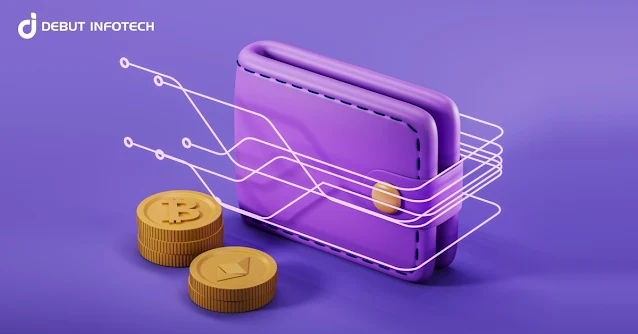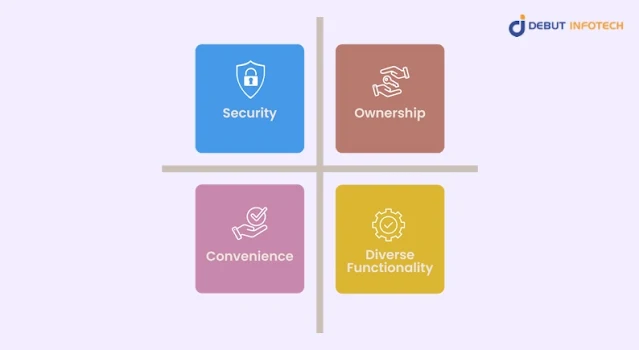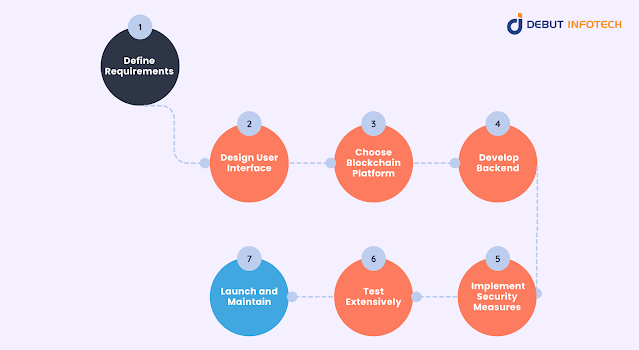Asset tokenization has emerged as one of the most transformative forces in finance and technology. By converting tangible and intangible assets into digital tokens on the blockchain, businesses and investors gain access to liquidity, fractional ownership, and transparent trading mechanisms. Crafting a successful asset tokenization development strategy requires more than just technology—it demands a balance of legal, technical, and business expertise.
Why Asset Tokenization Matters
Tokenization bridges traditional finance with blockchain innovation. Whether it’s real estate, art, commodities, or intellectual property, tokenization unlocks new opportunities for fractional investment and global accessibility. Enterprises that embrace tokenization are not only enhancing liquidity but also strengthening compliance and governance through immutable blockchain records.
For companies exploring tokenization, partnering with an asset tokenization development company provides the technical foundation, regulatory alignment, and smart contract expertise to ensure scalability and security. The right strategy ensures that businesses don’t just experiment with blockchain—they build future-ready financial ecosystems.
Core Pillars of an Asset Tokenization Development Strategy
-
Asset Selection and Structuring
Not all assets are equally suited for tokenization. The process begins with evaluating which assets—real estate, commodities, or intellectual property—will deliver maximum investor appeal and liquidity. Structuring the tokenomics around these assets is key to creating a fair, compliant, and profitable ecosystem. -
Regulatory and Compliance Alignment
The tokenization journey must navigate securities laws, cross-border trade restrictions, and KYC/AML standards. Partnering with legal experts ensures compliance frameworks are built into the platform. Real World asset tokenization especially requires close attention to jurisdictional differences to avoid roadblocks. -
Blockchain and Platform Architecture
Selecting the right blockchain protocol (Ethereum, Solana, Polygon, or enterprise-grade private chains) is a crucial step. It defines scalability, transaction costs, and security. For example, businesses looking into best real estate tokenization platforms should prioritize blockchains with proven stability, high throughput, and compliance-focused modules. -
Smart Contract Development
Smart contracts govern how tokens are issued, transferred, and traded. They ensure that fractional ownership is managed transparently, dividends are distributed correctly, and compliance rules are enforced automatically. A strategy that emphasizes modular, upgradeable smart contracts helps future-proof the tokenized ecosystem. -
Investor Experience and Liquidity Management
Tokenization is not just about digitizing assets—it’s about providing investors with a seamless experience. Intuitive dashboards, secondary trading support, and integrated wallets ensure investors can easily buy, sell, and manage tokenized assets. Building liquidity pools and aligning with exchanges expands trading opportunities. -
Security and Risk Mitigation
Cybersecurity threats, fraudulent activities, and technical vulnerabilities are real risks. A strong strategy incorporates multi-layer security, audited smart contracts, and robust governance frameworks. Ongoing audits and monitoring enhance trust among investors and regulators.
Scaling Tokenization with the Right Team
Implementing tokenization requires deep technical expertise in blockchain, tokenomics, and compliance. Many enterprises choose to hire dedicated development team resources that can handle end-to-end implementation—from blockchain architecture to smart contract engineering and investor-facing platforms. This approach ensures faster execution, flexibility in scaling resources, and alignment with evolving project needs.
The Road Ahead
Real World asset tokenization is no longer just a trend—it’s becoming a cornerstone of the digital economy. From enabling global participation in luxury assets to democratizing access to real estate investments, tokenization is redefining how value is stored, transferred, and grown.
Organizations that prioritize a well-defined tokenization development strategy will not only accelerate adoption but also establish themselves as leaders in the digital finance era. Those relying on fragmented or short-term approaches risk losing ground to competitors who embrace tokenization with a structured, long-term vision.
Conclusion
The future of finance is moving toward tokenization, and industries like real estate are leading the charge. By embracing blockchain-powered strategies, businesses can transform illiquid assets into tradeable, transparent, and investor-friendly instruments. To succeed, organizations must align with the right partners who bring both technical and regulatory expertise.
Choosing the right real estate tokenization development company ensures that your platform is not just functional but also secure, compliant, and scalable. With a clear strategy in place, enterprises can open doors to global investors, enhance liquidity, and stay ahead in the digital asset revolution.











